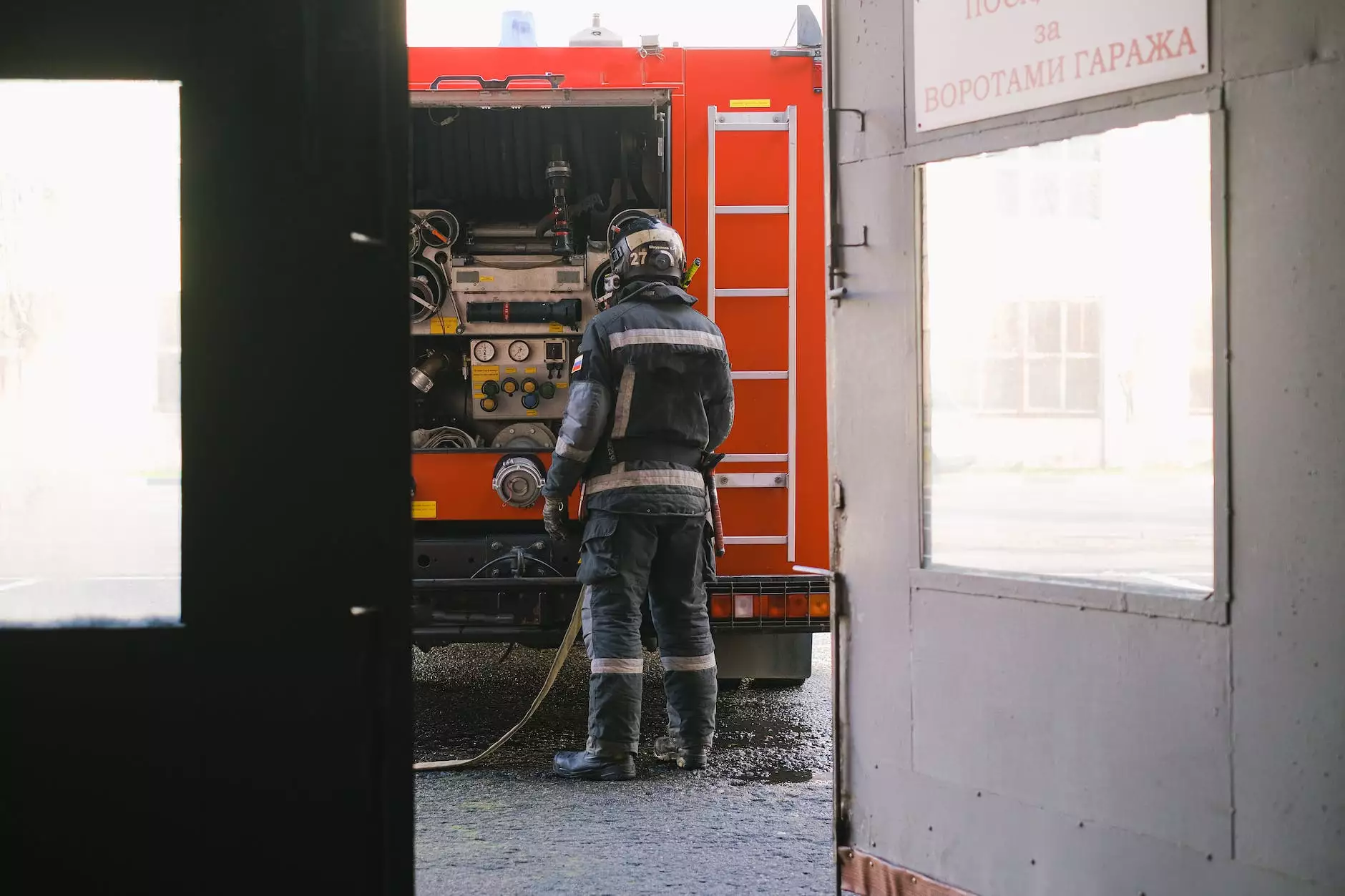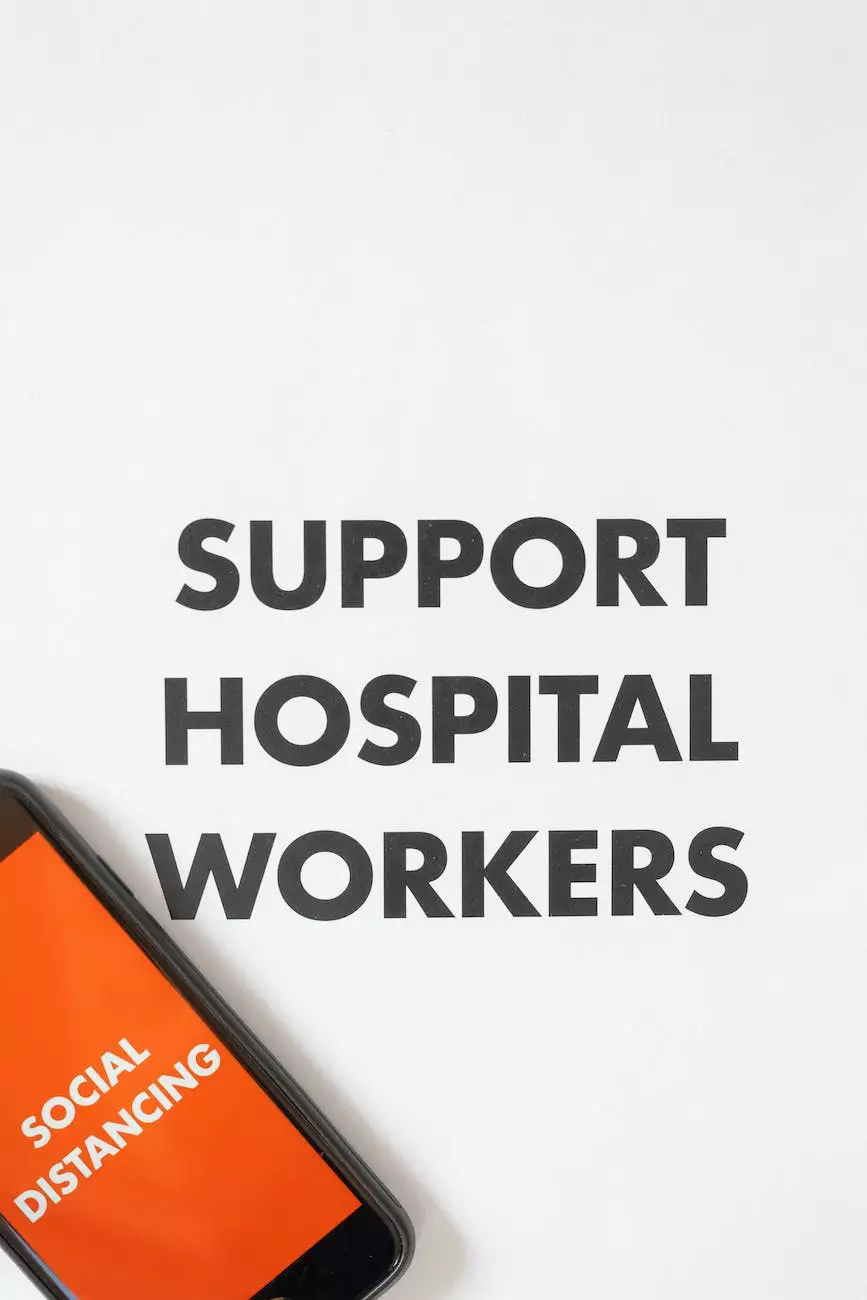Are you prepared for the unexpected?

In today's rapidly changing world, being prepared for the unexpected is essential for individuals, families, and communities. At Social Service of America, we understand the importance of proactively planning for unforeseen circumstances. In this blog post, we will provide you with valuable insights, advice, and practical tips to help you navigate any challenge that comes your way.
The Importance of Preparedness
Preparedness is the key to effectively responding to any unexpected event, whether it be a natural disaster, a health crisis, or an economic downturn. By taking proactive measures, you can minimize the impact and bounce back stronger. Here are some reasons why preparedness matters:
- Resilience: Preparedness builds resilience, allowing individuals and communities to recover more quickly from adverse situations.
- Safety: Being prepared ensures your safety and the safety of your loved ones.
- Peace of Mind: Knowing that you have a plan in place brings peace of mind, reducing anxiety during challenging times.
Steps to Prepare for the Unexpected
Now that you understand the importance of preparedness, let's delve into practical steps you can take to be ready for any unforeseen event:
1. Conduct a Risk Assessment
Start by identifying the potential risks and hazards that could affect you or your community. This includes natural disasters, health emergencies, financial crises, or any other events that could disrupt normalcy. Understanding the risks is the first step towards developing an effective plan.
2. Create an Emergency Plan
Developing an emergency plan is crucial in ensuring a coordinated and organized response. Your plan should include:
- Contact Information: Compile a list of emergency contacts, including local authorities, healthcare providers, and disaster relief organizations.
- Evacuation Routes: Identify evacuation routes and establish meeting points for your family or community.
- Communication: Establish a communication plan, including emergency notification systems and alternative modes of communication in case traditional methods are unavailable.
3. Assemble an Emergency Kit
Prepare an emergency kit with essential supplies that can sustain you and your family for at least 72 hours. Important items to include:
- Food and Water: Pack non-perishable food, bottled water, and a manual can opener.
- First Aid Kit: Include basic medical supplies, medications, and a first aid manual.
- Emergency Cash: Keep a small amount of cash as ATMs may not be accessible during a crisis.
4. Stay Informed
Stay updated with the latest news and developments in your area. Designate reliable sources of information and be cautious of rumors or misinformation. Local news outlets, government websites, and official social media accounts are excellent resources for accurate information.
Building Community Resilience
At Social Service of America, we believe in the power of community resilience. Together, we can face any challenge and emerge stronger. Here's what you can do to build community resilience:
1. Volunteer and Support Local Organizations
Get involved with local organizations that work towards disaster relief, community support, and emergency response. Your contributions, whether through volunteering or monetary donations, can make a significant difference in times of crisis.
2. Foster Collaborative Relationships
Become an active member of your community by participating in community meetings, events, and initiatives. Building strong relationships and networks within your community strengthens resilience and enables faster recovery during challenging times.
3. Educate and Train
Take advantage of educational resources, workshops, and training sessions related to emergency preparedness. By enhancing your knowledge and skills, you can become an asset to your community, helping others prepare for the unexpected.
Conclusion
Being prepared for the unexpected is a responsibility that we all share. By implementing the steps outlined in this blog post and embracing a proactive mindset, you can ensure your own well-being and contribute to the resilience of your community. Remember, readiness is the key to navigating any challenge that comes your way.
Are you ready to face the unexpected? Join Social Service of America in our commitment to preparedness and building resilient communities.










